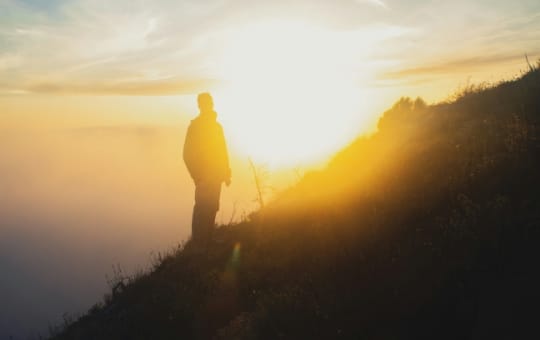
Remember and Recovery
Have you ever wondered why some people who suffer terrible hardship are able to recover while others are devastated and unable to move on? It’s clearly not the event itself that makes the difference. Some people have overcome far greater struggles than the ones that sideline others. Even twins, raised in the same circumstances, can react very differently.
Researchers tell us that resilience is not an inborn characteristic so much as an acquired skill. That means that the lack of resilience is not a character defect.
Even though there are those who criticize others as weak and encourage them to “pull it together,” “get over it,” or “move on” after tragedy strikes, such encouragements do little more than fan the flames of shame and self-condemnation the sufferer already feels. These kinds of statements are almost always massive fails.
The fact that resilience is learned should give hope to anyone who faces tragedy because it means that like learning to play the piano or to read — we can grow in our ability to recover from hardship. All of us can learn to face adversity more successfully. That may also lead us to ask, “what goes into building this skill and how are we to learn it?”
One of the ingredients is found in memory and remembering. In studies coming out of the World Trade center bombing it was found that those who were helped to remember (visualize) three positive memories along with the memory of the bombing were able to recover more quickly.
A habit of repeatedly focusing in this way produced even greater resiliency. This shouldn’t be confused with finding the good in a terrible situation or parroting cliches of hope.
Instead, these people created mental “networks” of positive memories, fully admitting the horror of the tragedy, and following it with links to the positive memories. In contrast, those whose mind “networked” three negative thoughts were much less apt to move through the tragedy.
The Bible is full of encouragement to remember. One type of Psalm, called “lament” uses memory to move through tragedy. The Psalmist begins by recounting in graphic and emotionally striking detail how low he is feeling – with the kind of honesty that makes even modern-day readers nervous.
From there however the Psalmist begins the process of remembering. Sometimes it is his personal experience of the goodness of God. Other times he relives a portion of Israel’s history that illustrates God’s goodness and faithfulness. Other times he simply remembers God’s character, focusing on His names. In all of these, however, he goes backwards to move forward.
As he does, we see a breakthrough. The passage that starts in despair often ends in hope. The Lament often concludes as it does in Psalm 69 with the writer being able to envision both his recovery and how God might use his struggle for good – the very things that escaped him at the beginning of the process.
It seems that long before the first research on resilience was published, God had already published His “findings” on overcoming adversity. Even a casual survey of His Word shows that He was not only encouraging them to remember the good but also but showing them a way they could use it to recover from struggle and adversity.
God is all about building brain skills and has, all along been providing His people a tool to build them.
—Rev. James R. Needham, PhD, MDiv

What is a memory that has given you positive thoughts and feelings? In what current and difficult situation might you use this memory? Paint a picture in your mind of a situation which has brought you positive feelings. Now, as you visualize that event, describe it to the Lord, giving thanks for each part of the memory. For example, you might begin: Lord I thank you for my trip to the beach. I thank you for the bright blue of the water. I thank you for the cooling breeze and the warm sun. I praise you for the sights and the smell of the sea. Recall as much as you are able and then begin to give thanks. —DH
—David Hoskins, Founder & Care Guide, Sanctuary Clinics
